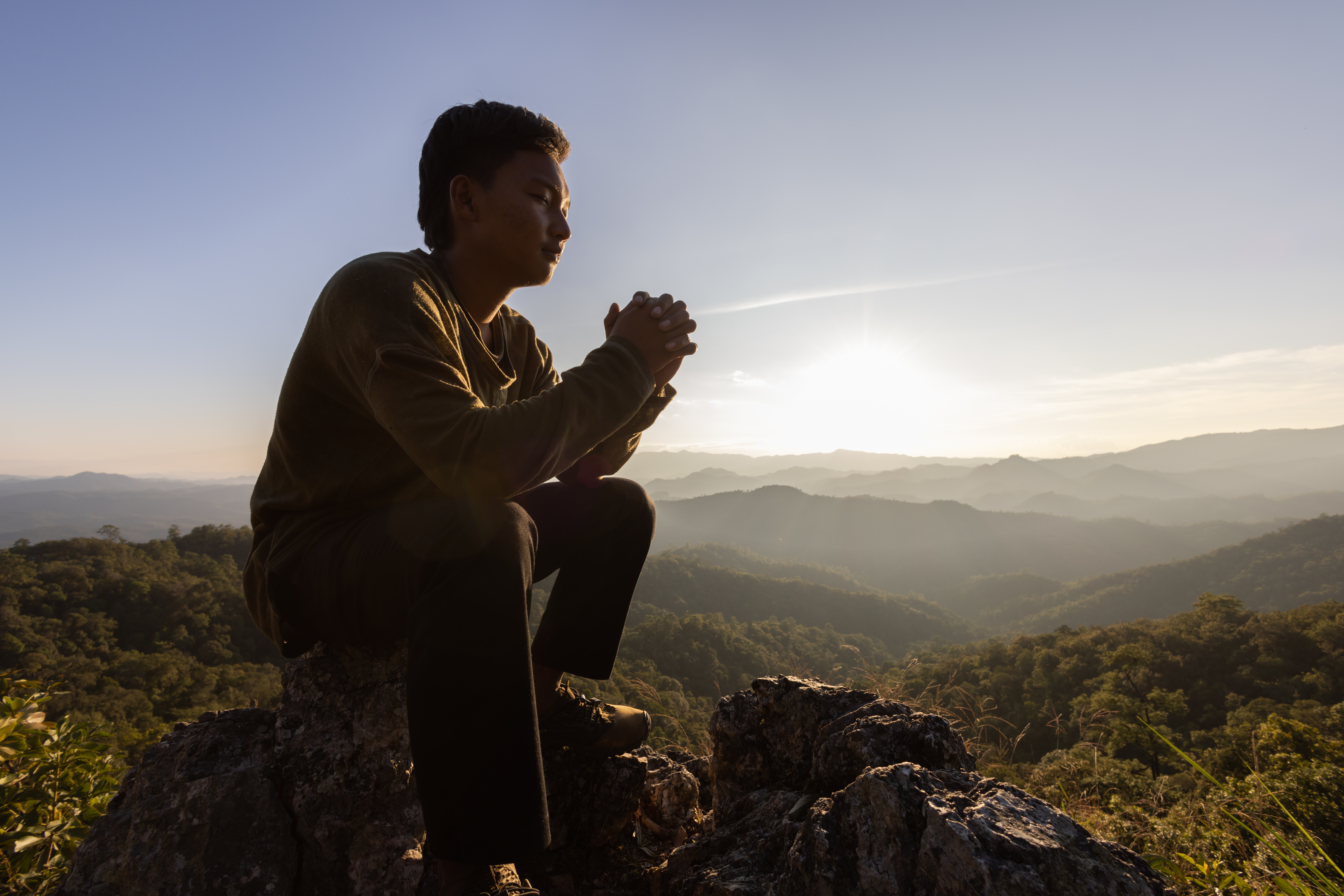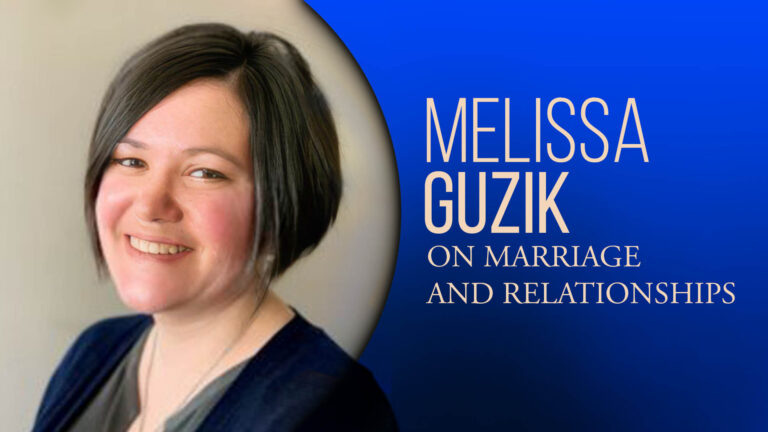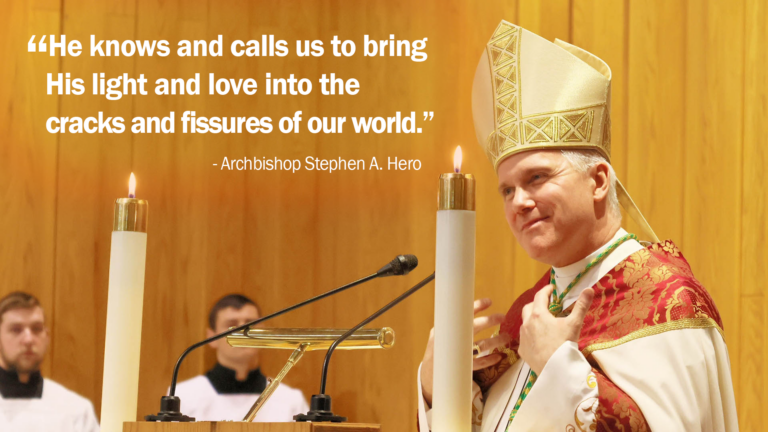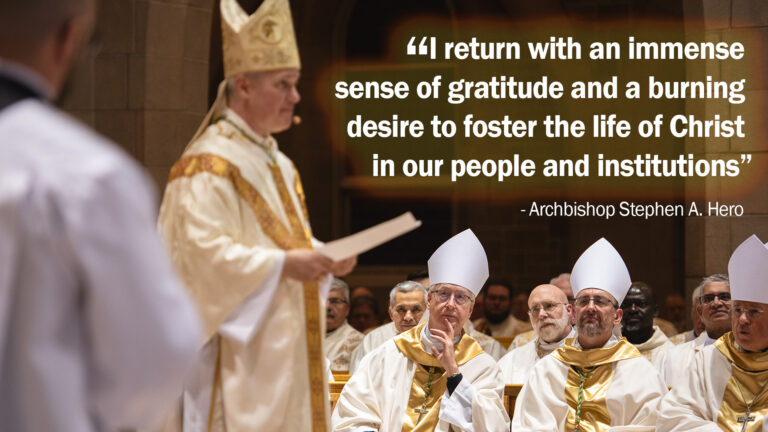Learning to pray is a lot like learning to speak. In the same way as we learned to speak by copying what we heard others say, we can learn a lot about prayer by imitating what others who have a healthy prayer life. This is why the disciples asked Jesus to teach them to pray, and He taught them what we now call the ‘Lord’s Prayer’:
Jesus was praying in a certain place, and after he had finished, one of his disciples said to him, “Lord, teach us to pray, as John taught his disciples.” He said to them: “When you pray, say: Father, hallowed be your name. Your kingdom come. Give us each day our daily bread. And forgive us our sins, for we ourselves forgive everyone indebted to us. And do not bring us to the time of trial.” -Luke 11:1-4
While the Lord’s prayer can be split into seven different petitions (things we ask of God), it’s important to look at the way Jesus begins the prayer, by teaching us to call God Father. Jesus is teaching us how we are to relate to God. We can call God ‘Father’ “…because Jesus has called us to a close relationship with himself and made us children of God“ (YouCat 515). Amy Welborn says, “God gives us life and sustains us in love and mercy, and this love binds us to God as children to a father and to one another as brothers and sisters” (The Words We Pray, pg 18). Jesus is teaching us to see God not simply as some deity, far off in the universe somewhere, but as someone who cares for us deeply, intimately, as a father is meant to care for his children. And so, when we ask things of God (see Matthew 7:9-11), we can have confidence He hears us and has our best interests in mind (even if that means He has to say no).
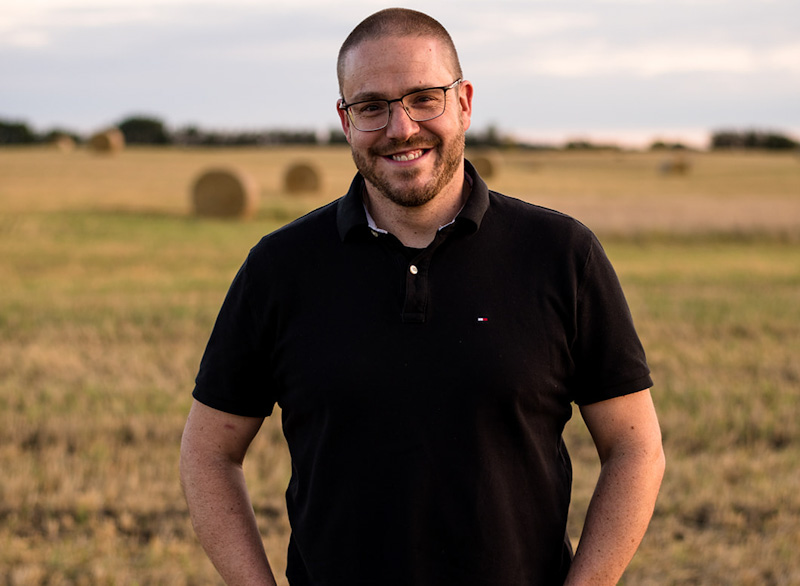 With that in mind, let’s take a closer look at the actual petitions of the Our Father. The first three of these petitions look at the way we address God. We seek to hallow God’s name because we are honoring Him as the holy One, above all others. We pray that His Kingdom would come, and His will be done because we both long for the coming of God’s kingdom for the whole world, the place where every tear will be wiped away; and we also want to turn our hearts to the will of God. “We find our happiness… when together we want what God wills. Praying means making room bit by bit for God’s will on this earth” (YouCat 521).
With that in mind, let’s take a closer look at the actual petitions of the Our Father. The first three of these petitions look at the way we address God. We seek to hallow God’s name because we are honoring Him as the holy One, above all others. We pray that His Kingdom would come, and His will be done because we both long for the coming of God’s kingdom for the whole world, the place where every tear will be wiped away; and we also want to turn our hearts to the will of God. “We find our happiness… when together we want what God wills. Praying means making room bit by bit for God’s will on this earth” (YouCat 521).
The other four petitions are directed towards us and our needs here on earth. When we pray that God would give us our daily bread, in which we are asking for two things. The first is strictly temporal; we acknowledge how dependent we are on the goodness of God for all that we have, and we are to reflect on our responsibility to help those who lack the necessities of life. The second is spiritual; a longing for the Eucharist, that spiritual food which is the source and summit of our Christian life. Next, there is a prayer for mercy – that we would be forgiven just as we forgive others – and this is for our own sake. “If we are not merciful and do not forgive others, God’s mercy will not reach our hearts” (YouCat 524). Unforgiveness traps us, and mercy allows God to handle the demands of justice. We also pray that He would not lead us into temptation “because every day and every hour we are in danger of falling into sin and saying no to God” (YouCat 525). The final petition goes a step further, asking us to be delivered from evil – recognizing that there is an evil in the world devastating in its power – but God is far bigger than this evil.
What we find in the Our Father is much more than just words to repeat and memorize. They represent a starting point for our spiritual journey: turning to God, acknowledging Him for who He is, and asking for His help along the way. Even for those advanced in the spiritual life, the Our Father can be the object of prayer and reflection, seeing the ways in which we need to further acknowledge that Jesus is Lord or the places we still need His help along the way.
“The Our Father is more than a prayer – it is a path that leads directly into the heart of our Father. The early Christians recited this original prayer of the Church, which is entrusted to every Christian at Baptism, three times a day. We, too, should not let a day pass without trying to recite the Lord’s Prayer with our lips, to take it to heart, and to make it come true in our lives.” -YouCat 514
-Mike Landry is Catholic Youth Camps director for the Archdiocese of Edmonton. He is also chaplain for Evergreen Catholic Schools, serving 10 schools west of Edmonton. Mike and his wife Jennifer live in Stony Plain with their five children.

